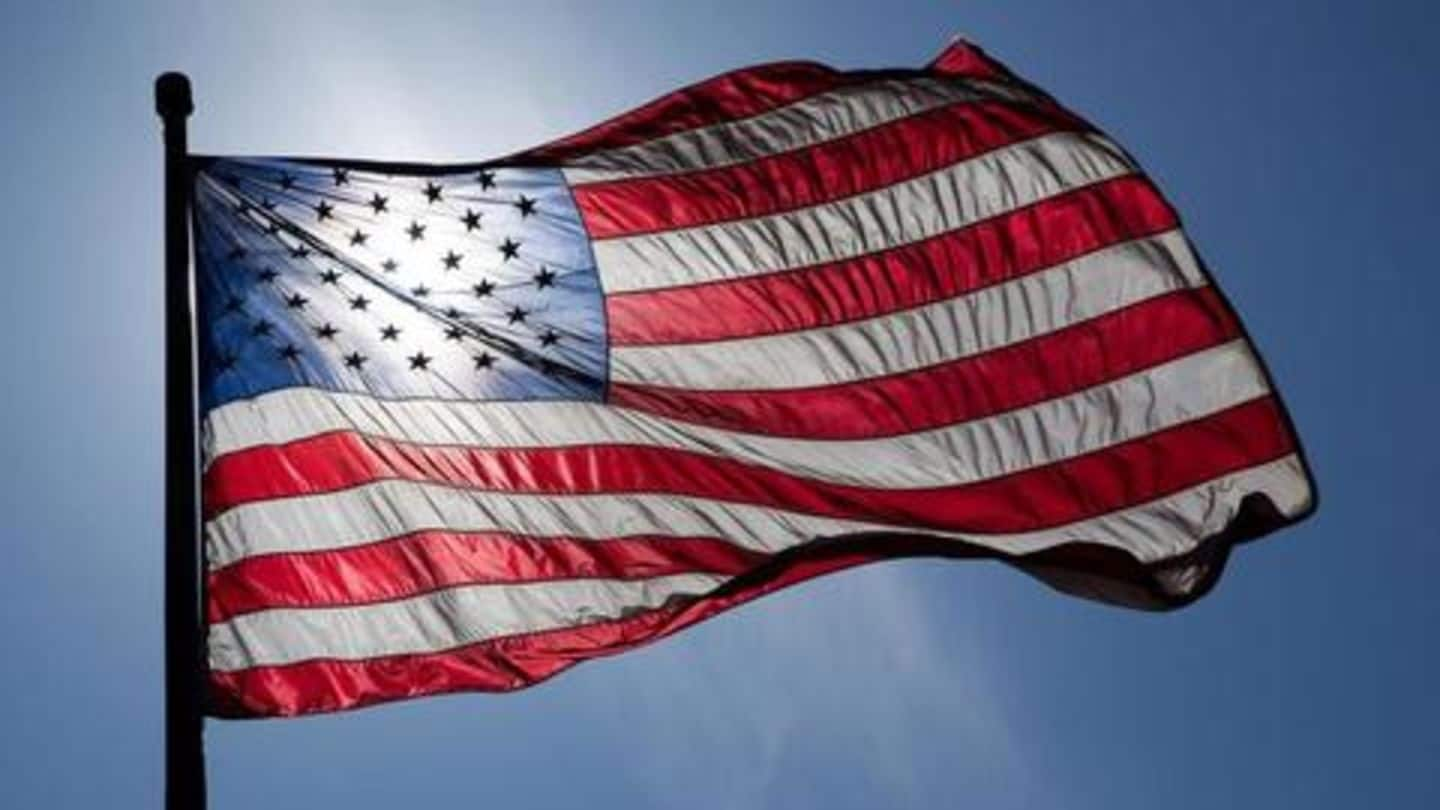
On 9/11 anniversary, rocket explodes at US Embassy in Afghanistan
What's the story
A rocket exploded at the United States Embassy in Afghanistan's Kabul on Wednesday, the anniversary of 9/11 attack.
Fortunately, no one was injured in the explosion, officials in the compound said an hour after the blast was reported.
The NATO mission, which is close to the site, confirmed that no one was injured. Meanwhile, officials from Afghanistan are yet to comment on it.
Details
Not long ago, Trump called off talks with Taliban
A plume of smoke rose over the capital city of Afghanistan and sirens were heard.
Those inside the embassy heard this message: An explosion caused by a rocket has occurred on the compound.
This was the first major attack in Kabul after US President Donald Trump abruptly called off talks with the Taliban, ending hopes that long-winding war would come to an end.
Twitter Post
Here are the visuals from the spot
#Breaking: Just in - Huge explosion being reported in #Kabul, near the #US embassy building in the exclusion zone of #Afghanistan. pic.twitter.com/3WXRlIUqiF
— Sotiri Dimpinoudis (@sotiridi) September 10, 2019
War
US' war with Taliban is longest one in its history
On September 11, 2001, the twin towers in the US were attacked, killing nearly 3,000 people, injuring over 6,000 and causing infrastructural damage of at least $10 billion.
After the worst-ever attack on its soil, America went all out against Taliban for harboring Osama bin Laden, the al Qaeda chief who planned the assault.
The US-Taliban war has been going on for 18 years.
Troops
Trump's decision to dismiss talks miffed US troops
At one time, some 100,000 US troops were stationed in Afghanistan, but the number went down when Laden was killed in Pakistan's Abbottabad in 2011.
So, when Trump abruptly killed talks with the Taliban, he was criticized by 14,000 troops, who are still in a foreign country.
They called his move "ridiculous" and reminded that billions of dollars have already been spent.
Aftermath
Experts believe dumping talks could lead to more violence
While announcing his decision, Trump cited an earlier attack in Kabul in which 12 people died. He said, "As far as I'm concerned, they are dead."
When asked about the thousands of US soldiers still deployed there, he replied, "We'd like to get out but we'll get out at the right time."
Foreign policy experts fear this decision might fuel more bloodshed.